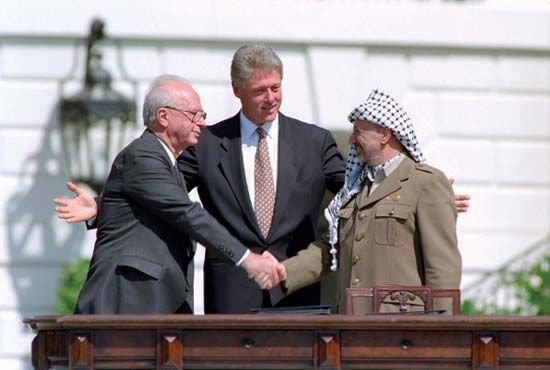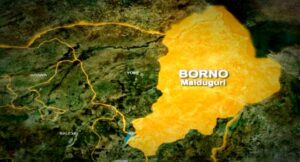The Israel-Palestine conflict, a long-standing and deeply rooted struggle for territorial and political rights, once again flared into the international spotlight with the eruption of the latest conflict.
The history of this region is marked by decades of tensions, disputes, and sporadic violence. The most recent wave of hostilities, often described as the “latest war in Israel,” has left the world watching with concern as Israel and Gaza, and the broader Israeli-Palestinian arena, grapple with a renewed cycle of violence and instability. To understand the current situation, it is essential to delve into the underlying complexities, the historical context, and the evolving dynamics that have brought the region to this critical juncture.
For better insight into the ongoing stand-off, PoliticsNow brings you 10 things to know about the long standing war between Israeli forces and Hamas sect.
Long-Standing Dispute: The Israeli-Palestinian conflict, which includes the conflict between Israel and Gaza, has its roots in the late 19th and early 20th centuries when Jewish and Arab national movements began to emerge in the region.
Formation of Israel: In 1947, the United Nations approved a plan to partition British-ruled Palestine into separate Jewish and Arab states. This led to the establishment of the State of Israel on May 14, 1948.
First Arab-Israeli War: Shortly after Israel’s declaration of independence, neighboring Arab states, including Egypt, Jordan, and Syria, attacked Israel in the First Arab-Israeli War, which ended in 1949.
Gaza Strip Control: After the war, Egypt controlled the Gaza Strip, and Jordan occupied the West Bank. The Gaza Strip became a center of Palestinian Arab nationalism.
Six-Day War: In 1967, Israel defeated Egypt, Jordan, and Syria in the Six-Day War and occupied the Gaza Strip, the West Bank, and East Jerusalem.
Oslo Accords: The Oslo Accords of the 1990s aimed to establish a framework for peace between Israel and the Palestinians. This led to the creation of the Palestinian Authority, which assumed control of parts of the West Bank and Gaza.
Hamas Takes Control: In 2007, Hamas, an Islamist organization, seized control of the Gaza Strip, leading to a division between the West Bank and Gaza with Hamas in charge of the latter.
Israeli Blockade: Israel imposed a blockade on the Gaza Strip, restricting the movement of people and goods in and out of the territory, which has had a significant impact on the living conditions of its residents.
Periodic Conflict: Over the years, there have been several conflicts between Israel and Gaza, including Operation Cast Lead (2008-2009), Operation Pillar of Defense (2012), and Operation Protective Edge (2014).
Ongoing Tensions: Tensions have persisted in the form of periodic clashes, rocket attacks from Gaza, and Israeli military responses. Efforts to broker a lasting peace continue, with various international actors involved.










More Stories
‘N1m not enough,’ Sani tells Kano govt over donation to families of 22 deceased athletes
2027: Ondo APC leaders sing Tinubu’s praise, endorse reelection
Northern group seeks registration of new party for Atiku’s coalition